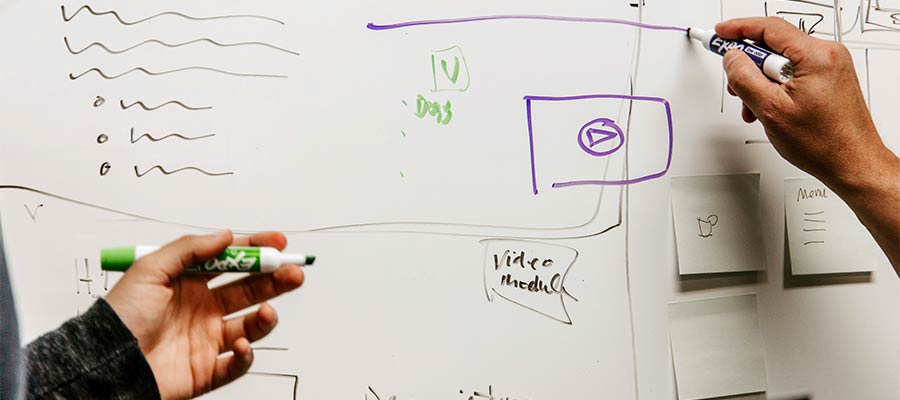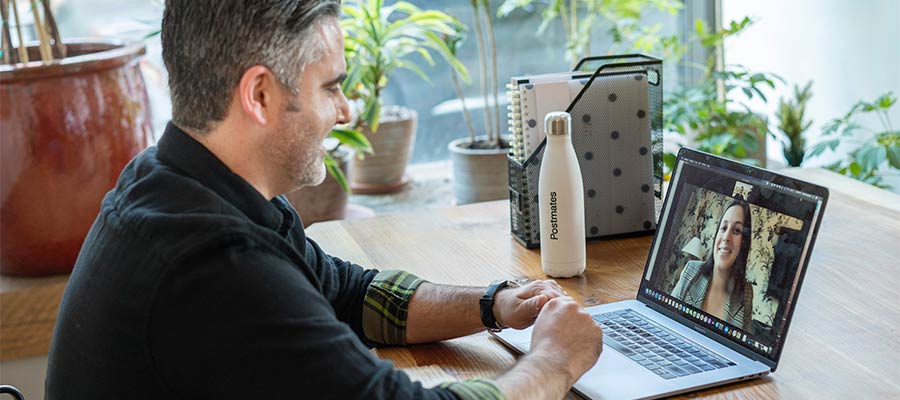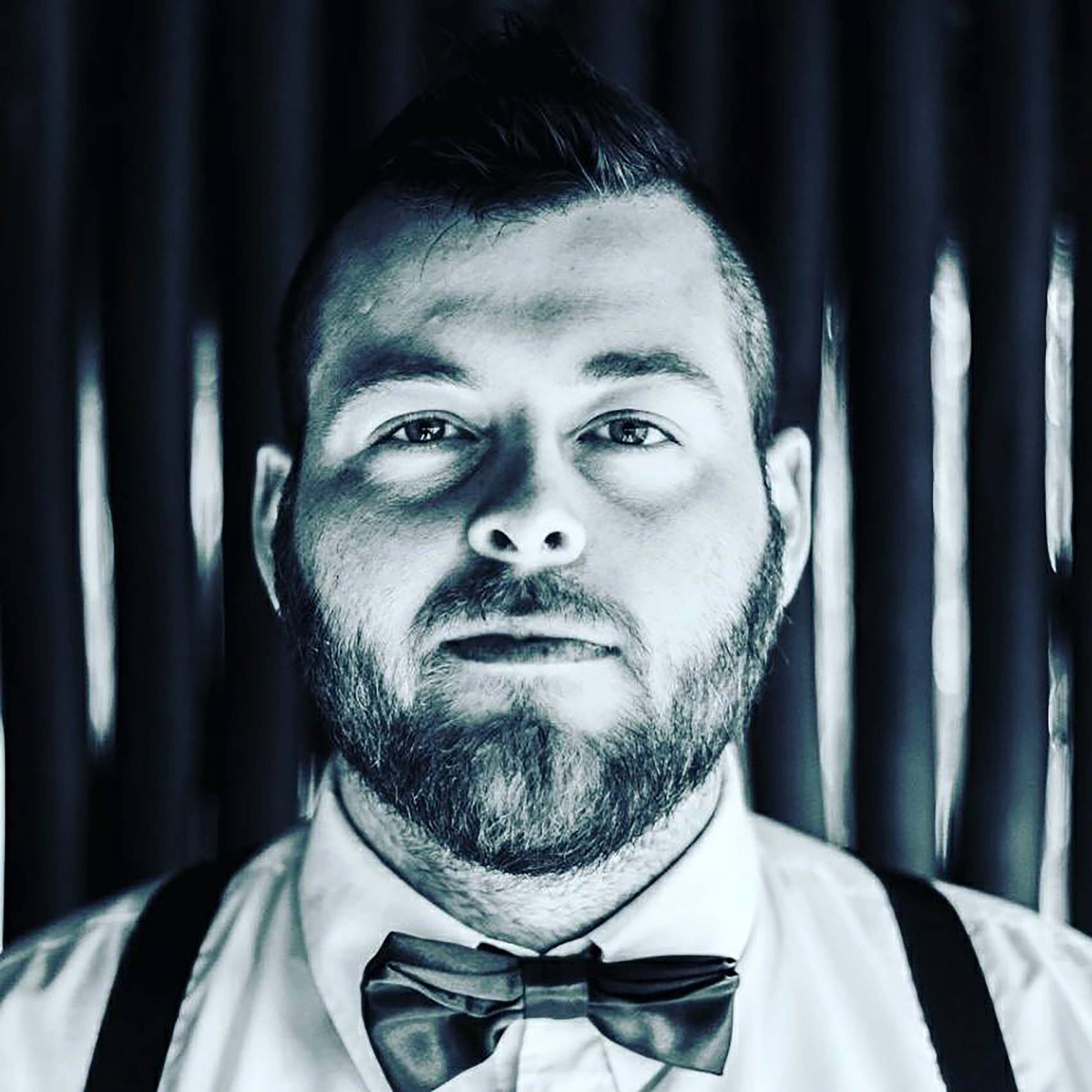The ability to work with multiple clients is one of the perks of being a freelance web designer. You can build websites spanning an array of industries – each one providing a unique experience. Or you can go in the opposite direction and focus on a particular niche.
Whichever path you choose, there is a singular common thread for each project you take on: commitment. It’s crucial to not only focus on a project’s outcome, but on our relationships with clients as well. Yet it’s not something we routinely discuss.
That’s something we should change. After all, commitment is a key ingredient to a successful web design career. You aren’t likely to get very far without it.
Let’s kick off the discussion with a look at what kinds of commitments web designers need to make, along with tips for managing it all.
What Are We Committing To?
Booking a project is exciting. But it’s also a lot of responsibility. If you’re not prepared to deal with it, things may not go according to plan.
Thus, before you sign on the dotted line, know that you’re committing to:
Delivering Quality Work
First and foremost, web designers should deliver quality work. While “quality” is a subjective term, in this case, it means the website should look and work in an agreed-upon way.
Nothing in this world is perfect – and that includes websites. Still, we’re committing to follow best practices and do so to the best of our knowledge.
Honesty can also be included here. For example, if a client requests functionality that is out of their budget, it’s up to us to explain the situation. All told, it’s about setting realistic expectations and then following through.
Communication
Have you ever booked a client who previously worked with another web designer? Odds are, one of the reasons they left the other designer was a lack of communication.
This means being responsive to client requests and keeping them in the loop as necessary. The requirements will vary based on the type of project and the personalities involved. But staying on top of your inbox is paramount.
And you don’t have to be a wordsmith. Even a brief acknowledgment that a message was received and in review is usually enough. Making even a minimal effort in this area can help to build trust.

Professionalism
Professionalism is an overlooked part of freelancing. And despite what stock photos often depict, it has very little to do with wearing business attire. It’s more about how you manage projects and interact with stakeholders.
It starts with being organized. For example, keeping track of your schedule and demonstrating the ability to consistently meet project deadlines. These acts go a long way towards developing good relationships – and maybe receiving some positive word-of-mouth.
There’s also something to be said for accepting what we do and don’t know. We all have weaknesses. So, when we don’t have an immediate answer, it’s always better to research than provide a half-baked response.
None of this means that you can’t have fun. Rather, it’s a reminder to go the extra mile and put forth your best effort.
A Long-Term Relationship
If you’re a freelancer who provides both design and maintenance, then you’re also committing to a long-term relationship with your clients. That means the website you build today could still be a part of your life several years from now.
This is an especially important consideration. If you’re not crazy about a project or a client, the thought of dealing with them indefinitely might give you pause. It could be enough of a reason to turn down an opportunity.
The bottom line is to make sure you know what you’re getting into! You may not always get it right. But the ability to choose positive relationships will take you a long way in this industry.

A Commitment to Web Design Success
When you think about freelancing, commitment may not be the first thing that comes to mind. And it’s not uncommon to hear stories from others who have been surprised by how much of it is required to succeed.
It’s one reason why this career path isn’t a fit for everyone. Starting a web design business without an understanding of commitment makes for an even bigger challenge.
Even so, it’s something you can learn and improve over time. And you don’t need any special skills – just a willingness to put in the work.
Once you realize the finer points of the job, things start to flow naturally. You may even find that your projects and client relationships move along more smoothly. Why? Because you’ve mastered the art of commitment.




